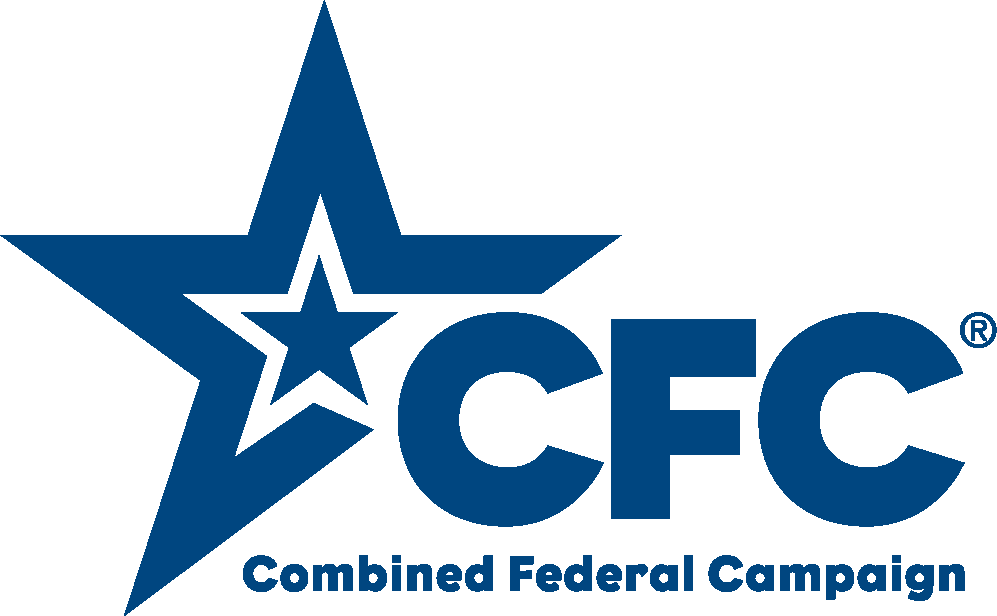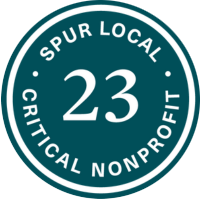
See below for JUFJ’s testimony on the proposed Montgomery County FY24 budget. Jo Shifrin, a member of the Montgomery County Leadership Council, wrote this testimony.
My name is Jo Shifrin. I am a resident of Bethesda in District 1 and this testimony is presented on behalf of both myself and Jews United for Justice (JUFJ). JUFJ organizes over 2,000 Jews and allies from across Montgomery County, who act on our shared values to advance social and economic justice and racial equity in our local community.
As the Council holds the final FY24 budget hearings, Jewish communities will finish observing Passover, which celebrates the story of our ancient liberation and reminds us that each generation must work toward the day when all of us are truly liberated. A key component of that work is supporting the most vulnerable residents of Montgomery County who face oppressive situations today, including disproportionate use of force by police, the catastrophic effects of eviction, and the underfunding of nonprofits they depend on for critical services and supports.
We believe that the budget is a moral document. Where we invest our resources is an expression of our values. JUFJ supports a budget that provides all residents with what the Torah calls dei machsoro, enough resources to meet each person’s needs.
We join our partners in the Silver Spring Justice Coalition and Young People for Progress in calling for the following:
- Reject the expansion of the Community Resources Bureau: The bureau is essentially a marketing effort to improve MCPD’s image at the taxpayer’s expense. It includes Community Engagement Officers, a highly discriminatory program opposed by high school students that, at best, is ineffective at preventing gun violence, and at worst, perpetuates the school-to-prison pipeline. Additionally, the bureau’s budget proposes a large increase for community events. We support programs for young people, but those are better run by the Department of Recreation than the police.
- Mental Health Crisis Response Teams: We cannot rely on law enforcement officers, who are not adequately prepared to deal with the mental health crises of Montgomery County residents, for this aspect of public safety, and need full, 24/7 County coverage by mental health professionals.
- Mental Health Supports for MCPS Students: Instead of criminalizing student behavior, we need to implement and expand mental health supports, including more wellness centers, as well as a more robust restorative justice program, which equips kids with the skills to heal from and prevent harmful behavior instead of disproportionately punishing students of color and taking them out of school.
Data has proven that holistic public safety does not come from investments in policing and surveillance, but from investments in services and programs that promote housing stability, a strong safety net, and successful school communities. However, the COVID-19 federal public health emergency has just ended, which will reduce the funding our County receives for critical supports. Therefore, we call on the Council to take the following actions:
- We join the MORE Network in calling for a robust, multi-pronged approach to addressing our County’s housing crisis, including funding for rental assistance and affordable housing, as well as passing the Housing Opportunity, Mobility, and Equity (HOME) Act, Bill 16-23.
- We join Nonprofit Montgomery in urging the Council to universally increase nonprofit funding by an additional 3.6% over County Executive Marc Elrich’s budget, a total of 6.6% for community grants, contracts in departmental base budgets, and competitive and single source multi-year contracts.
- We join MCEA, MCGEO, and SEIU Local 500 in supporting both the 10% property tax increase recommended by the County Executive and the recordation tax increase proposed by Councilmembers Jawando and Mink in Bill 17-23.
Investing in housing, safety net services, and mental health supports—not expanding the role of the police—will bring our community closer to one where everyone has dei machsoro, enough to live, work, and flourish.
Thank you for your consideration.





